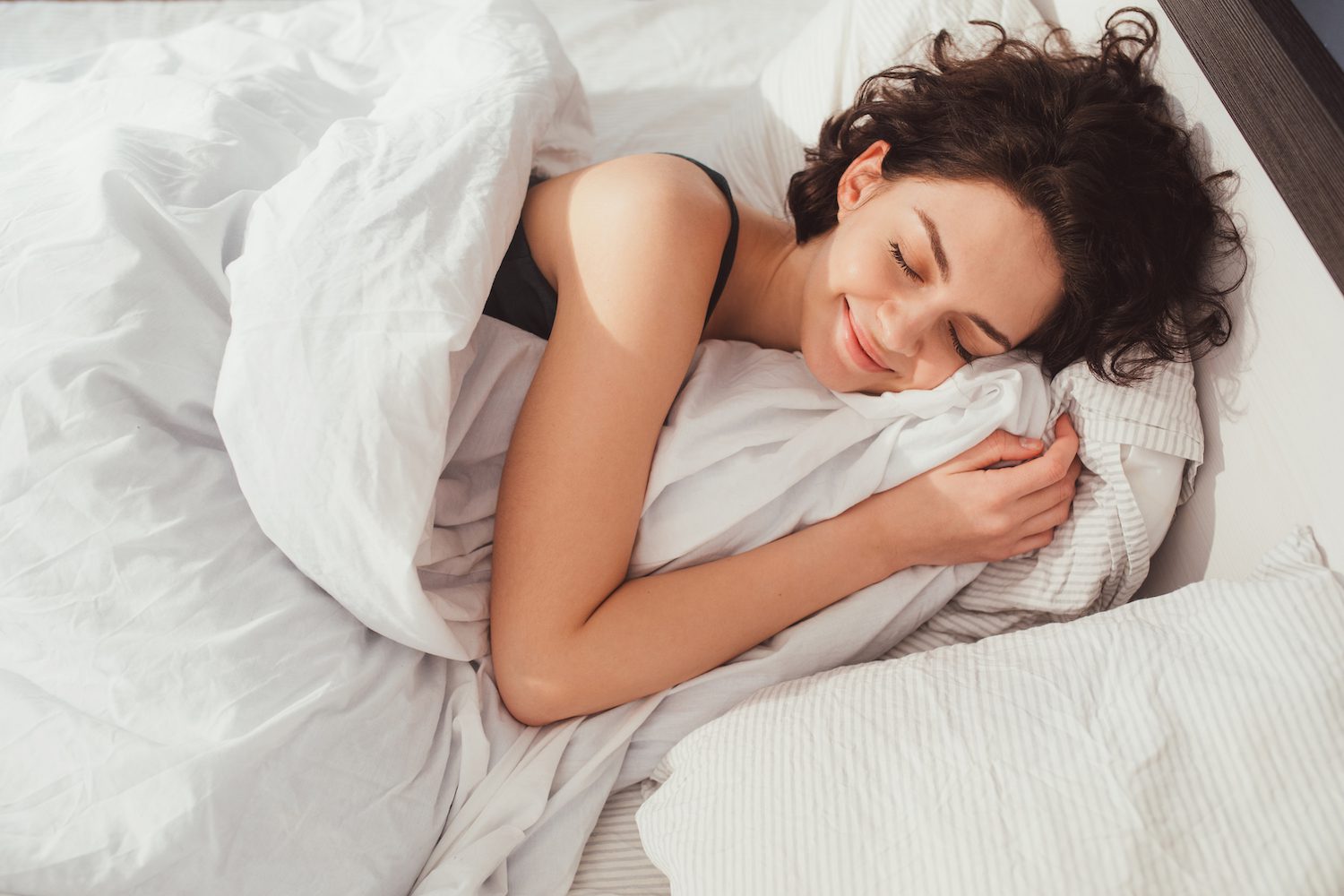A dangerous myth of modern times is that rest must be earned. But rest is a basic need of the body, to which it resorts every night. Therefore, by improving the quality of sleep, a person acquires the lion’s share of resources for productivity and personal effectiveness. Except how to improve sleep?
How to Improve Sleep in Affordable Ways
Over centuries of evolution, the body has developed a system of cycles of rest and activity. Our task is rather to either not interfere with the body to live according to the usual biorhythms or competently use them for our benefit. And here there are two ways: the first requires strict discipline, the second – knowledge. So let’s get to know them better.
How to Improve Sleep Without Drugs
In our brain there is a small gland known as the epiphysis, or third eye. In amphibians, it’s not covered by the skull, and it monitors light levels in the environment. When night falls, the epiphysis sends a signal to the brain to synthesize the necessary neurohormones for sleep. This is how the cycles of rest and wakefulness change. And the more qualitatively we adjust the change of cycles, the more effective sleep will be. This can be done through a system of self-monitoring:
- Getting enough sleep. For quality sleep, you need 7-8 hours. With sleep deprivation, the body cannot both eliminate the remains of the fatigue hormone – adenosine, and fully carry out recovery processes. Without a healthy sleep it isn’t even worth thinking about how to improve memory. So, it’s better to postpone playing at https://vave.com/live or even reading books at 2 am if you want to train healthy sleeping patterns.
- Normalize sleep patterns. It’s a matter of going to bed and getting up at the same time. This will enable the body to absorb the secreted serotonin and melatonin as efficiently as possible during the night.
- Ensure sleep hygiene. The sleep hormone, melatonin, is destroyed by the body when exposed to light stimuli. Laptop diodes, smart watch light, night light coming through the window… These are all factors detrimental to sleep.
- Support thermoregulatory cycles. Body temperature drops at night and rises by morning. A hot shower in the evening will signal the body to lower its temperature, which will ensure a deeper sleep. Conversely, a cold shower in the morning will energize the body.
The main difficulty of all these recommendations – they work with daily practice and in the long term. But if you get into a rut, form a habit, you can enjoy the benefits of quality sleep. And there is another way.
How to Provide the Body With the Necessary Components for Sleep
Our brain is partly a closed system, which independently synthesizes neurohormones for sleep. We are talking about serotonin, melatonin and a general group of substances that give the brain the command to relax.
It’s possible, but difficult, to deliver serotonin and melatonin directly to the brain. Serotonin won’t pass through the blood-brain barrier, and melatonin, if taken in the long term, is addictive. It’s many times better to give the body precursors.
Precursors are substances from which the brain itself synthesizes the necessary neurohormones. Overdose with such substances is impossible, as the body regulates their consumption by fermentation mechanisms, and the excess is excreted through the excretory systems.
Precursors can be compared to building materials. Instead of buying a house we like and taking it to the plot we bought in advance, we buy building materials and build our own dwelling in the right place.
Sleeping Pills and Sleep Supplements: What Is the Difference?
Do precursors work like sleeping pills? Not at all. They are two different groups of drugs that differ both in their potency and in the principles of their effect on the brain.
Our brains are protected by the blood-brain barrier, which prevents a number of substances from passing through. Sleeping pills are specifically designed to pass through the blood-brain barrier and literally knock out the brain. The way they work is as follows:
- Once through the GEB, each type of sleeping pill targets a specific receptor. Most often, these are GABA receptors, which are responsible for relaxation and sedation.
- Sleeping pills occupy the entire receptor, sending an unambiguous signal to the brain that it is time to relax and “switch off”. Such a signal is felt unambiguously, and the brain changes its state in 15-30 minutes.
- This approach destroys receptors by excessive stimulation, forms tolerance, and it’s necessary to increase the dose to achieve the same effect as the first time. When discontinued, withdrawal effects are felt.
Sleeping pills are the perfect tool to manage an acute anxiety attack. To fall asleep after a severe emotional upheaval. But for long-term effects on sleep, they are useless.
You may also like
-
Solar System with PVblink Inverter: The Future of Renewable Energy
-
Enclosed Auto Transport | Secure & Premium Vehicle Shipping with Titan Auto Logistic
-
7 Key Factors Why Animated Videos Are Essential for Your Business
-
Cayman Insights: Legal Support at Its Best
-
The Role And Responsibilities Of Bail Bond Agents in Fort Worth TX

